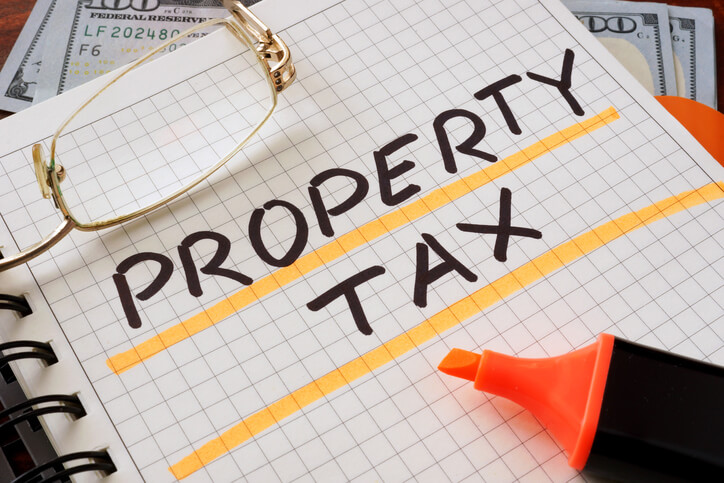If your business owns real estate, whether it’s a building or land, then expect tax bills to come your way as long as they’re in your possession.
It almost goes without saying: Tax season is hardly an enjoyable time. But with the right planning and foresight, you can avoid allowing business property taxes to sneak up on you. Forgetting or failing to pay your tax obligations can lead to financial heartburn, from late fees and interest to even foreclosure proceedings.
Avoid those scenarios with these practical financial tips:
1) Know the basics of your business property taxes
Sounds extremely simple but you’d be surprised how many business owners let this key date slip by. Know when your taxes are due and the amount you owe, and set automatic e-reminders if you’re prone to forgetting.
Typically, your property taxes are due the same time every year. Not sure when yours are due? In a Google search, simply type the terms “business property taxes” and your county name to get this information. You can also contact or visit your local tax assessor’s office to verify this information.
Related: Starting a home-based business? 6 crucial things to ask
When it comes to how much you owe, that depends on the market value of your secured property and your local government’s tax rate, which varies widely. Why are these taxes assessed and collected? To fund public necessities such as schools, roads and improvements.
Depending on your property, the amount you owe can be quite sizable. So it’s a good idea to set aside money each month to ensure the money is there on those due dates.
2) Confirm your business property taxes were paid
As the popular saying goes, “Trust, but verify.” This idea can be applied to the payment of business property taxes. Even if you have an impound account (also known as an escrow account) with your bank, you should double-check your property taxes were indeed paid. You should be able to confirm this on most county assessor’s websites, by phone, or in-person.
3) Appeal your assessed property value
Do you suspect the value of your commercial property has fallen recently? You can contest it, and in turn, save money on your business property taxes. Every year, as part of a routine process, many county assessor offices will accept decline-in-value applications and hold hearings to consider such cases.
Before you file an application, do your homework and ask these questions to start:
- When are applications are due? (Pay close attention to language such as “postmarked by” and time of day tied to the deadline.)
- Do I have enough data or other compelling evidence to prove I’m being overtaxed?
- Where do I send my application?
- Do I need an assist from a licensed tax professional?
4) Behind on business property taxes? Make catch-up payments
If you ever find yourself behind on your business property tax payments, there’s hope. Many counties provide ways to help property owners become current.
For example, in California, you can request an installment payment plan to pay your outstanding balance over five years. One of the requirements is that you must pay at least 20 percent of the total balance due, with a $50 set-up fee. (Always double-check these numbers with your local assessor’s office.)
Related: How to fix your credit score yourself, at no cost
While this can help you make catch-up payments, there’s a major downside to this approach. The high interest of 18 percent a year continues on past-due taxes. Also important to note: Your current property taxes must be paid in full and on time — or you are dropped from the plan.
Any creditor that comes with an 18 percent annual interest rate and has the authority to take your property has to be given your highest priority. This underscores the importance of paying property taxes when due or, if past due, getting on a payment plan. Failure to do so could have dire consequences including loss of your property through a tax sale.
CDC Small Business Finance isn’t just a leading small business lender. As a nonprofit, we also provide qualified potential borrowers coaching on financial matters before and after they get funding through us.
Are you in the early stages of looking for business financing? Check out our all-in-one “Learn” hub, featuring how-tos on how to get loan-ready, what to do if you’re declined by a bank, and more.
Ready to talk about a business loan? Tell our loan experts about your enterprise, and they’ll work to match you with a financing plan that best suits you. Let’s talk! Reach us at loaninfo@cdcloans.com or (619) 243-8667.
In case you missed it:



